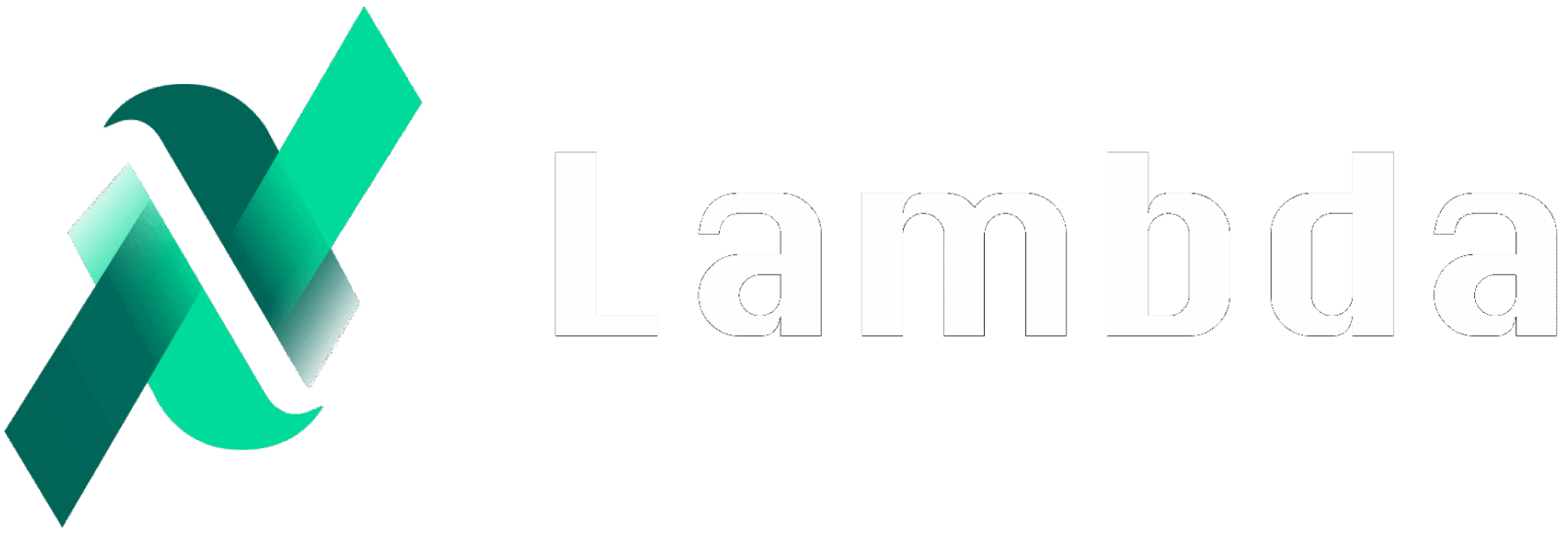Bitcoin mining is a crucial process that keeps the Bitcoin network secure, decentralized, and functional. But how does it actually work? If you’re new to cryptocurrency, this guide will break down Bitcoin mining in simple terms.
What Is Bitcoin Mining?
Bitcoin mining is the process of validating transactions and adding them to the blockchain—a public ledger of all Bitcoin transactions. Miners use powerful computers to solve complex mathematical problems, and in return, they earn newly minted Bitcoin as a reward.
Key Functions of Bitcoin Mining:
- Processing Transactions – Miners verify and bundle transactions into blocks.
- Securing the Network – Mining makes Bitcoin resistant to fraud and attacks.
- Introducing New Bitcoins – Miners are rewarded with fresh BTC for their work.
How Does Bitcoin Mining Work? (Step by Step)
1. Transactions Are Broadcasted
When someone sends Bitcoin, the transaction is broadcast to the network and grouped into a “mempool” (a waiting area for unconfirmed transactions).
2. Miners Compete to Solve a Puzzle
Miners collect transactions and compete to solve a cryptographic puzzle (called Proof-of-Work). This requires immense computational power.
3. The First Miner to Solve the Puzzle Wins
The miner who solves the puzzle first gets to add the new block of transactions to the blockchain.
4. The Block is Added to the Blockchain
Once verified by other nodes, the block becomes part of the permanent Bitcoin ledger.
5. The Miner Receives a Reward
The winning miner earns:
- Block reward (newly minted Bitcoin, currently 6.25 BTC per block after the 2024 halving).
- Transaction fees (paid by users for faster processing).
What Do You Need to Mine Bitcoin?
- ASIC Miners (Specialized mining hardware, as regular computers are too slow).
- Mining Software (Connects your hardware to the blockchain).
- Electricity (Mining consumes a lot of power—cheap electricity is key).
- Mining Pool (Joining a pool increases chances of earning rewards).
Is Bitcoin Mining Still Profitable?
Mining profitability depends on:
✔ Bitcoin’s price (higher price = better rewards).
✔ Electricity costs (cheaper power = higher profits).
✔ Mining difficulty (more miners = harder to earn rewards).
Conclusion
Bitcoin mining is the backbone of the Bitcoin network, ensuring security and decentralization. While it requires significant investment in hardware and electricity, it remains a crucial (and potentially profitable) part of the crypto ecosystem.




